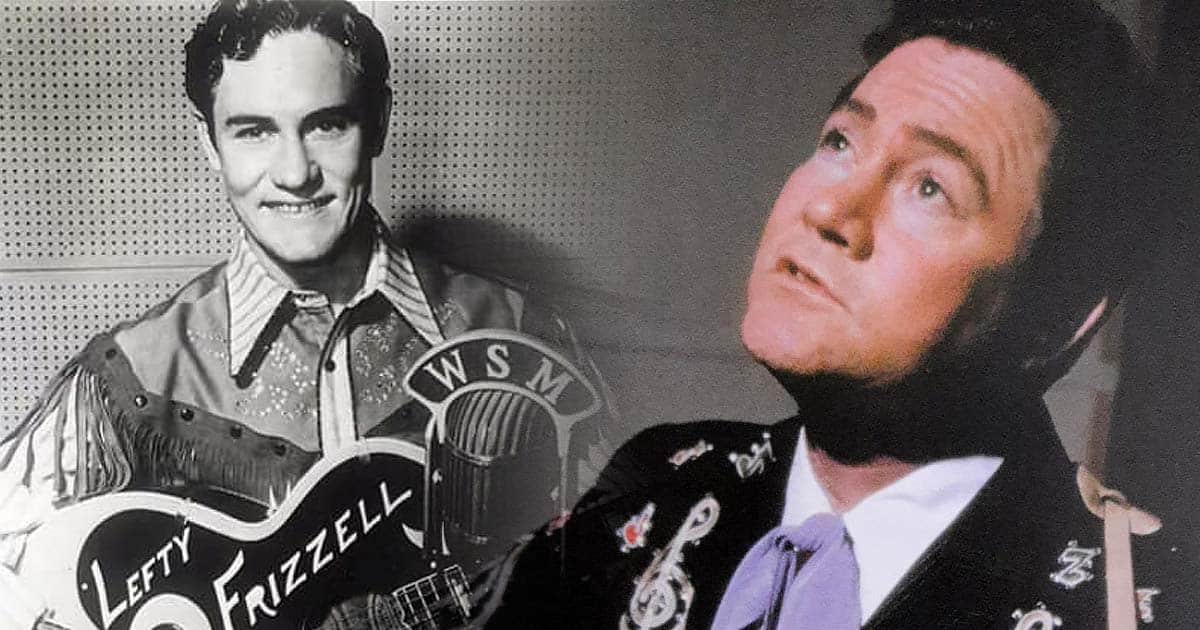Introduction to "Long Black Veil" by Lefty Frizzell
Immerse yourself in the haunting beauty of the 1950s song, "Long Black Veil" by Lefty Frizzell. This timeless track weaves a chilling tale of love, betrayal, and sacrifice, encapsulating the raw emotion and profound storytelling prowess that defined Frizzell's remarkable career.
Historical and Cultural Context of "Long Black Veil"
Released in 1959, "Long Black Veil" quickly made its mark in the realm of American music. Set within the framework of a murder ballad, this piece resonates deeply with the cultural ethos of the 1950s, reflecting the era's fascination with narratives that blurred the lines between morality and tragedy. The track's enduring appeal lies in its ability to transcend boundaries, effortlessly blending elements of country, folk, and blues into a potent sonic cocktail.
An Interesting Fact about "Long Black Veil"
Did you know that "Long Black Veil" was not originally written for Lefty Frizzell? The song was penned by Danny Dill and Marijohn Wilkin, who envisioned it as a folk ballad. However, once Frizzell lent his distinctive voice to the piece, it became an instant classic, showcasing the artist's unique ability to breathe life into the words and make the song his own.
Cover Versions of "Long Black Veil"
The enduring popularity of "Long Black Veil" is evident in the numerous cover versions it has inspired over the years. From the soulful tones of Johnny Cash to the raspy timbre of Bruce Springsteen, and even the unique sound of The Band, this song has been reimagined in countless ways, each adding a new layer to its rich musical legacy.
Why "Long Black Veil" is Still Relevant Today
Despite the passage of over six decades, the cultural impact of "Long Black Veil" remains undiminished. Its universal themes of love, sacrifice, and regret continue to resonate with audiences worldwide. As a testament to its timeless appeal, it continues to be covered by contemporary artists, ensuring that Lefty Frizzell's haunting ballad remains a poignant part of our collective musical consciousness.





Comments (0)